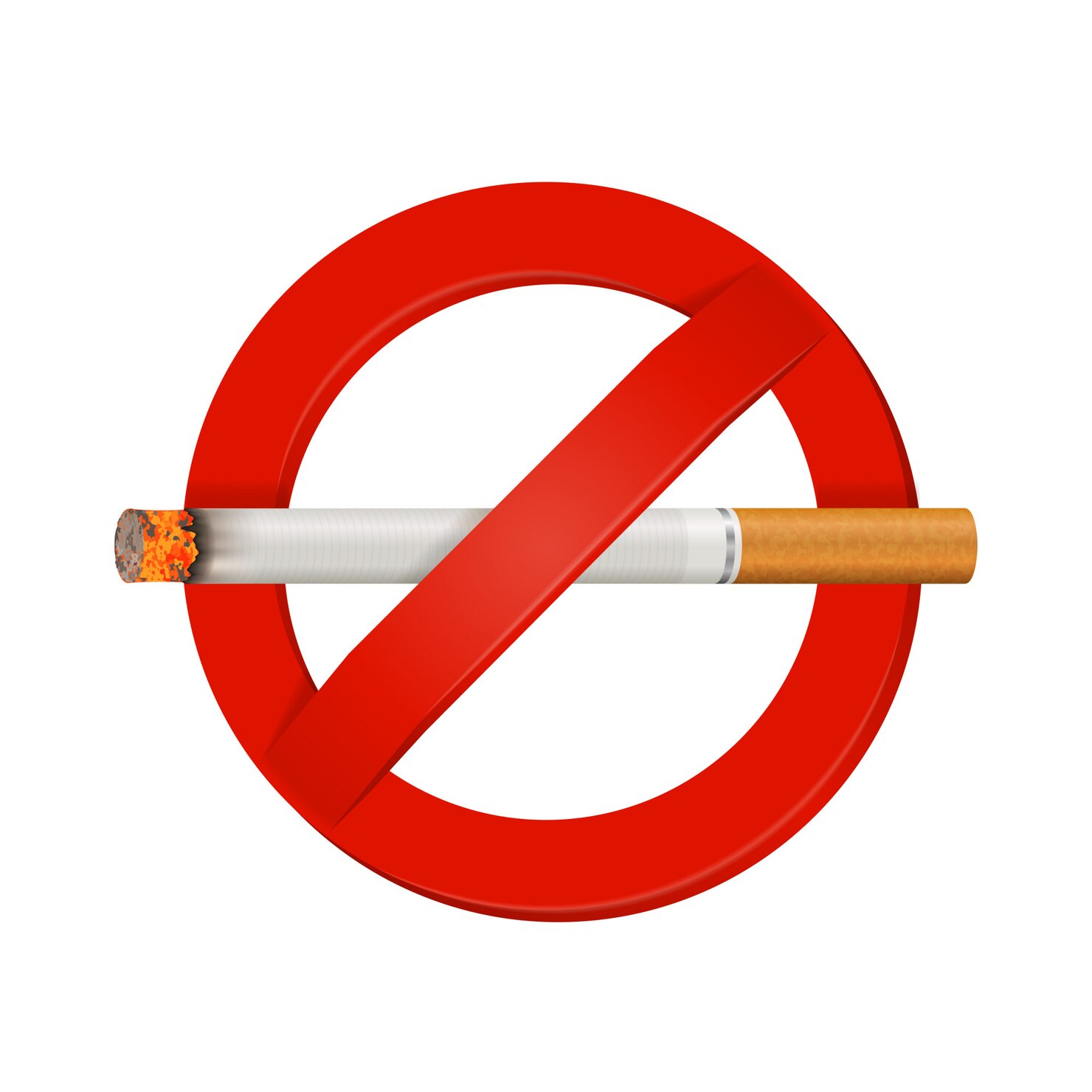Preventing Kidney Dieseases; Escaping the dialysis cost
4 minutes read | 0 comments

Written by Theophilus Nutifafa
Understanding Kidney Disease: Causes and Prevention
Your kidneys play a crucial role in maintaining overall health by filtering waste and excess fluids from your blood, regulating electrolyte balance, and producing hormones that help control blood pressure. Unfortunately, kidney disease is a common health issue affecting millions of people worldwide. In this article, we'll explore the habits that can lead to kidney disease, common causes of kidney failure, daily habits that can harm your kidneys, and what you can do to prevent kidney disease.
Habits That Cause Kidney Disease

1. Smoking:
Smoking is a major risk factor for kidney disease. It reduces blood flow to the kidneys, causing damage over time. If you smoke, consider seeking professional help to quit.
2. Poor Hydration:
Not drinking enough water can lead to the formation of kidney stones, a painful condition. Staying adequately hydrated is essential for kidney health.
3. High Salt Intake:
Consuming too much salt can increase blood pressure and strain your kidneys. Reducing sodium in your diet can help prevent kidney damage.
4. Overuse of Painkillers:
Frequent and excessive use of non-prescription pain relievers like ibuprofen or acetaminophen can harm the kidneys. Always follow recommended dosage guidelines.
5. Excessive Alcohol Consumption:
Heavy alcohol consumption can lead to kidney damage. Limit your alcohol intake and drink in moderation.
5 Common Causes of Kidney Failure

1. Diabetes:
Uncontrolled high blood sugar levels can damage the blood vessels in the kidneys, leading to kidney failure. Managing diabetes through proper medication and lifestyle choices is crucial.
2. High Blood Pressure:
Hypertension can damage the small blood vessels in the kidneys, making them less efficient in filtering waste. Monitor your blood pressure regularly and take steps to control it.
3. Kidney Infections:
Untreated kidney infections can lead to scarring and damage to kidney tissues. Prompt treatment of urinary tract infections is essential to prevent complications.
4. Glomerulonephritis:
This is an inflammation of the kidney's filtering units, or glomeruli, which can lead to kidney damage if left untreated.
5. Polycystic Kidney Disease (PKD):
PKD is a genetic disorder that causes cysts to form in the kidneys, impairing their function over time. Early diagnosis and management are critical.
Daily Habits That Harm Your Kidneys
1. Excessive Sugar Intake:
Consuming too much sugar can contribute to obesity and diabetes, both of which increase the risk of kidney disease. Cut down on sugary drinks and processed foods.
2. Skipping Meals:
Irregular eating habits can lead to fluctuations in blood sugar levels and increased stress on the kidneys. Eat balanced meals regularly.
3. Overuse of Over-the-Counter Medications:
As mentioned earlier, excessive use of pain relievers and non-steroidal anti-inflammatory drugs (NSAIDs) can harm the kidneys. Always follow dosage recommendations.
4. High Protein Diet:
While protein is essential, an excessively high-protein diet can strain the kidneys. Maintain a balanced diet with the right amount of protein for your body.
5. Lack of Exercise:
Sedentary lifestyles can contribute to obesity and high blood pressure, which are risk factors for kidney disease. Incorporate regular physical activity into your routine.
Prevention is Key

To protect your kidneys and maintain optimal kidney health, consider these essential steps:
1. Stay Hydrated:
Drink plenty of water to ensure proper kidney function and prevent the formation of kidney stones.
2. Eat a Balanced Diet:
Consume a diet rich in fruits, vegetables, whole grains, and lean proteins while limiting salt and sugar intake.
3. Manage Chronic Conditions:
If you have diabetes or high blood pressure, work closely with your healthcare provider to keep these conditions under control.
4. Quit Smoking and Limit Alcohol:
If you smoke, seek help to quit, and consume alcohol in moderation, if at all.
5. Regular Check-Ups:
Schedule regular check-ups with your healthcare provider to monitor your kidney function. If you have a family history of kidney disease, consider regular kidney function tests with our Mobile lab services
In conclusion, understanding the causes of kidney disease and adopting healthy habits is crucial for preventing kidney problems. By making lifestyle changes and managing chronic conditions, you can reduce your risk of kidney disease and ensure the longevity of your kidney function. Don't forget to consult our professionals for personalized guidance and consider kidney function tests with our Mobile lab services to stay on top of your kidney health.
Remember, your kidneys are vital organs that deserve the best care you can provide.
Feel free to share on any platform
Similar Blogs
Anonymous Comments
We DO NOT record comments with the users who posted them.



